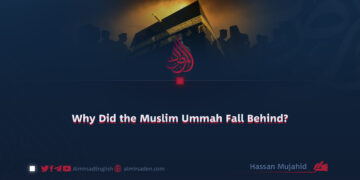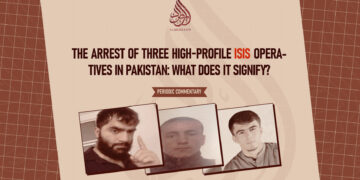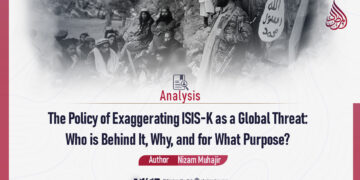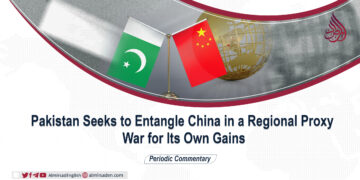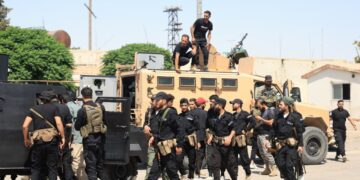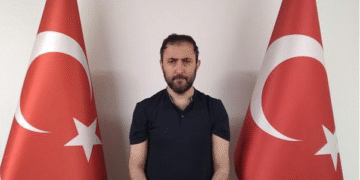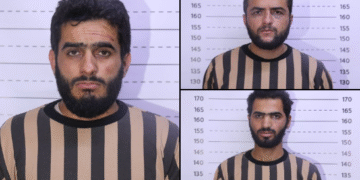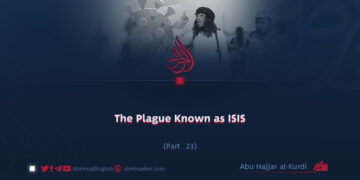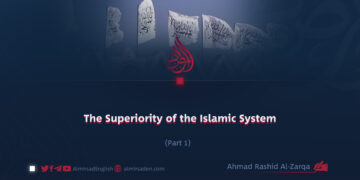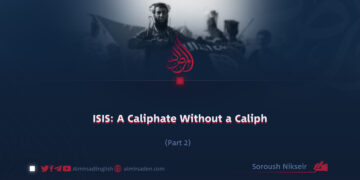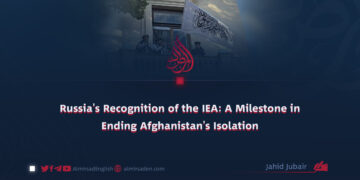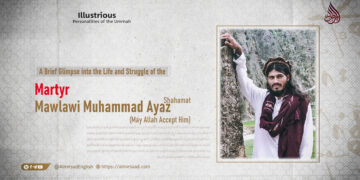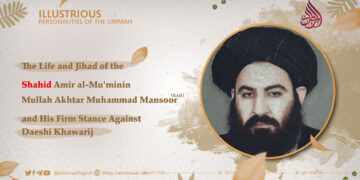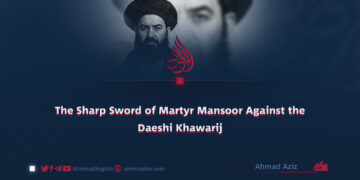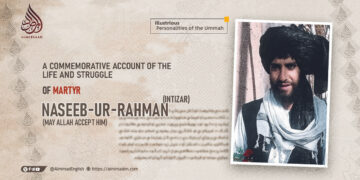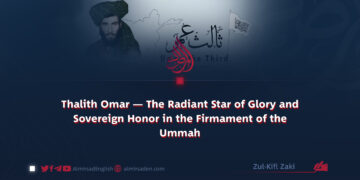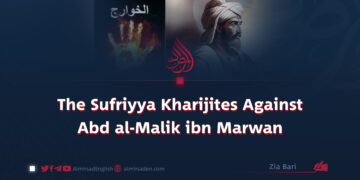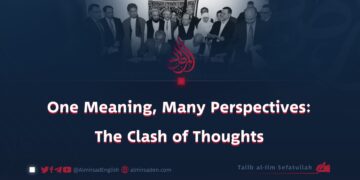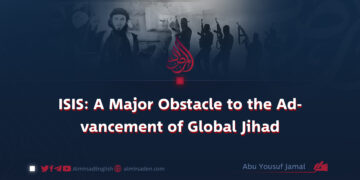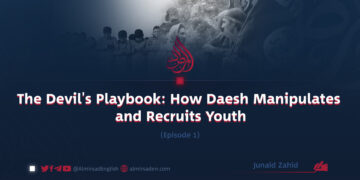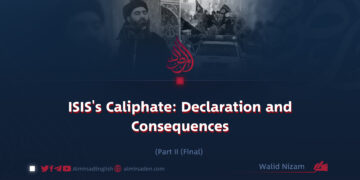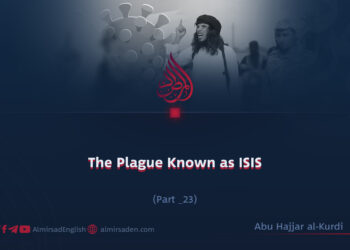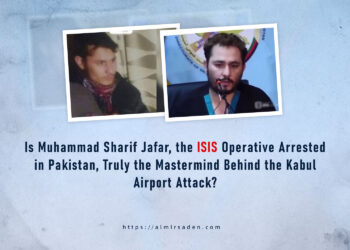Author: Ahmad Roohi Humeed
ISIS’s hostility towards genuine Muslims and religious scholars is profound and widespread. This animosity stems from the fact that authentic Muslims and scholars firmly oppose ISIS’s extremist ideologies and misguided actions, striving to expose their falsehoods.
ISIS directly threatens and even assassinates those religious scholars and genuine Muslims who openly reject their extremist beliefs and practices. In their view, anyone who speaks against their ideologies or actions is deemed an “enemy” and is often labeled as an “apostate” or “disbeliever.”
They reject the religious rulings and teachings issued by scholars that promote peace and moderation, misrepresenting them to the public. ISIS intentionally distorts the words of scholars and promotes its own extremist ideologies in place of authentic Islamic teachings, leading people away from true religious guidance.
They target educational centers and religious schools that teach the genuine values of Islam, often carrying out bombings under the guise of targeting “Western agents.” ISIS’s aim is to destroy these places of learning that enlighten people with the truth and equip them with rational arguments against extremism.
ISIS consistently directs its propaganda and assaults against those scholars and religious leaders who advocate for peace, moderation, and Islamic unity. These scholars endeavor to present the genuine essence of Islam and combat ignorance, which ISIS views as a barrier to its extremist agenda. Consequently, they level baseless accusations against these scholars.
Out of animosity towards true Muslims and scholars, ISIS assaults sacred Islamic sites and mosques, mercilessly killing innocent worshippers. Instances include bombings in Kabul, Mazar-e-Sharif, Nangarhar, Herat, Kandahar, Peshawar, and Quetta, frequently targeting mosques and schools where the imams and teachers oppose ISIS’s ideology.
These attacks not only reflect ISIS’s enmity toward Muslims but also demonstrate their complete disregard for Islamic values.
Furthermore, ISIS’s hostility toward religious scholars is not merely due to differences in jurisprudence or creed. It is also driven by a struggle for political power, influence, and credibility among Muslims. Religious scholars hold a position of esteem among the populace, serving as beacons of guidance for many. ISIS considers this trust and influence as a significant impediment to its agenda.

